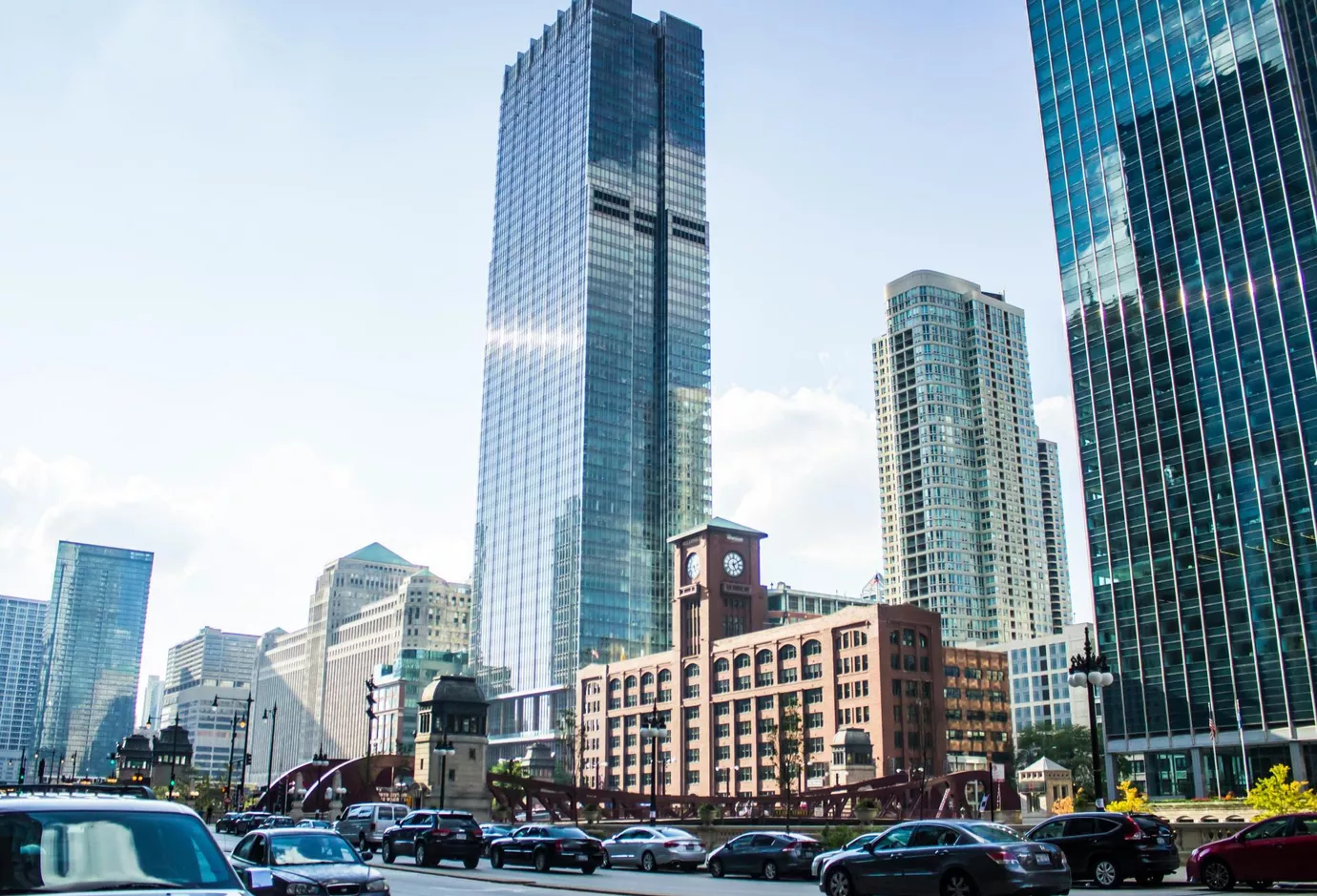December 2010
Large users target I-88 corridor
The East-West Corridor has experienced increased leasing activity as 2010 comes to a close, and with a high vacancy rate, commercial brokers believe that the market is poised to land several large users that are looking to take space in 2012.
The corridor recorded an office vacancy rate of 23.7 percent in the third quarter, slightly up from the previous quarter.
The biggest deal in the corridor, if not the entire Chicago market, was the much publicized move by Navistar to relocate its headquarters to a 1.2 million-square-foot former Lucent facility in Lisle. The corridor experienced some other positive office transactions, notably Graycor’s 36,000-square-foot lease at 2 Mid America Plaza in Oakbrook Terrace, Treehouse Foods 48,000-square-foot lease at 2021 Spring Road in Oak Brook, Dental Network of America’s 58,317-square-foot lease at 701 E. 22nd Street in Lombard, and Redbox’s 20,000-square-foot expansion of its current lease at the Oakbrook Terrace Tower.
Yet these are the highlights. The majority of activity in the corridor has been consolidations, which has led to continued negative absorption.
“A lot of the moves have been consolidations,” says Andrea Van Gelder of Jones Lang LaSalle. “It might be a while before we see true positive absorption.”
That absorption may come next year, as a slew of big firms are set to either renew current leases, or, sign new leases for 2012. A few of these firms are now outside of the East-West Corridor, but it is well known that they are all looking for potential options in the market.
“Firms are out looking around,” says Van Gelder. “They still have the luxury of time.”
Some of the bigger firms looking for class A space are Wilton Industries, RR Donnelley, Harris Bank, and JP Morgan Chase, says NAI Hiffman’s Dan O’Neill.
RR Donnelley, Harris Bank and JP Morgan are all in the market for more than 200,000-square-feet, while Wilton Industries is searching for a 100,000-square-foot location. There is more than enough vacant space in the market to accommodate them.
Of course what could be a gain for the I-88 corridor would be a loss for another suburban market, with RR Donnelly now located in Bolingbrook along the I-55 market and Harris Bank in Schaumburg. These tenants could choose to stay in their current locations, but with so many options available, they are testing the waters for leases that they can drive with their own terms.
“It’s still going to be a tenant’s market,” says O’Neill. “Tenants will drive the deal and they will dictate a large concession package.”
O’Neill says that many of the owners in the I-88 corridor are positioned to do aggressive deals.
Aggressive deals may not benefit rental rates for some time, but positive absorption would be a step in the right direction.
“It’s tough to see it getting any worse,” says O’Neill. “The signs and activity are trending positive.”
Industrial
The East-West corridor is not traditionally considered a strong industrial market, but during the real estate boom of the past decade, a significant amount of speculative development took place on the west side of the corridor. It now accommodates more than 61 million square feet of space, the majority of it in Aurora. Vacancy has improved each quarter in 2010 and is currently at 12.6 percent.
Midwest Warehouse recently signed a lease extension at 2805 Duke Parkway in Aurora for 549,588 square feet, 200,000 square feet more than the original lease. Kholer also signed for 195,000 square feet at 901 Bilter Road in Aurora.
“I think we are seeing a fair amount of activity this year on the industrial leasing side in I-88 due to the fact that landlords are offering very competitive lease rates in order to fill vacant space,” says NAI Hiffman’s Mark Moran. “Most companies that are still in business have weathered the storm through 2009 and the first part of 2010 and now they see the opportunity to take advantage of a “tenant’s market” and lock in competitive rates for the next several years.”
Moran predicts that vacancy rates will continue to decline in 2011, but rental rates will remain stagnant into 2012.
While continued absorption would be good for the market, Moran cautions that in this environment, not all deals could be good for the long term.
“I think that the main challenge for landlords in 2011 will be resisting the urge to do what I would consider a bad deal in order to just fill space,” says Moran. “Some of the tenants out there today trying to seize the opportunity of historically low rental rates have less than stellar credit. If they require any kind of above standard TI, then the landlord runs the risk of doing the deal, spending the money to put them in the space, only to have them blow out of the space within the following 12 months after lease commences.”
Source: REJournals.com


